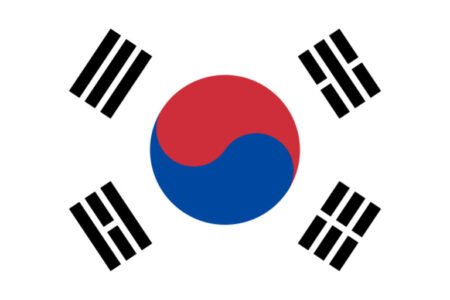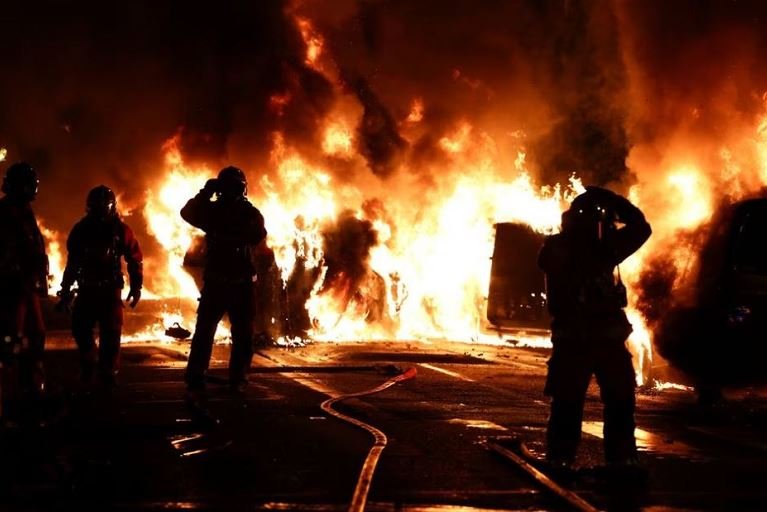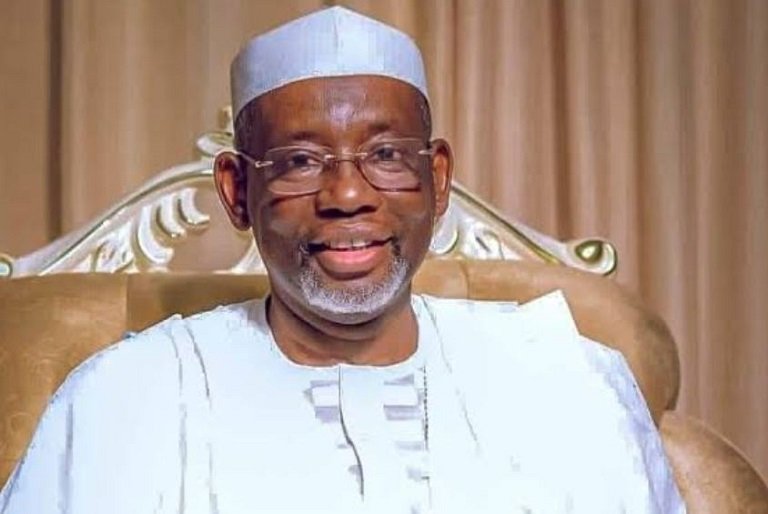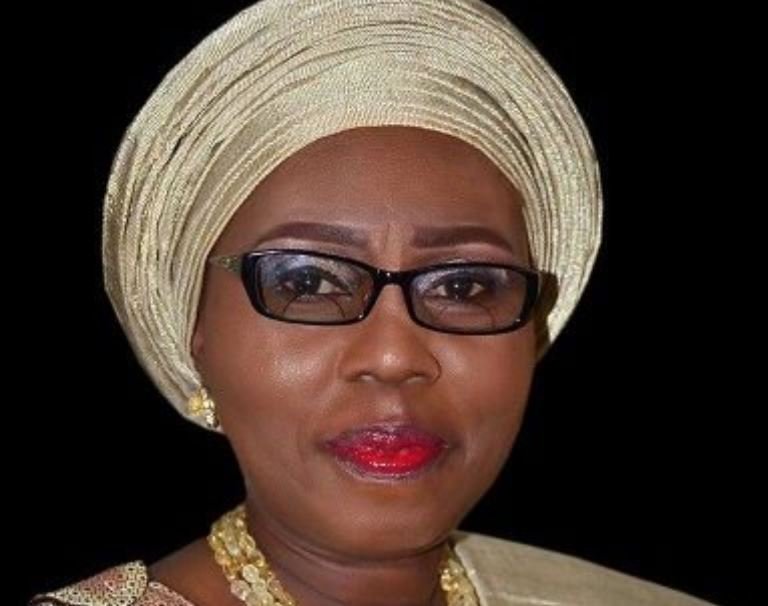The Colorado Supreme Court has ruled that Donald Trump will not be able to run for president in the state next year, citing a constitutional insurrection clause.
The Trump campaign described the decision as anti-democratic and promised to appeal.
It is the first time Section 3 of the 14th Amendment to the United States Constitution has been used to disqualify a presidential candidate.
Attempts to remove Mr. Trump from the ballot in New Hampshire, Minnesota, and Michigan have all failed.
The decision made on Tuesday, which has been put on hold pending an appeal until next month, does not apply to states other than Colorado.
The ruling only applies to the state’s primary election on March 5, when Republican voters will choose their preferred presidential candidate, but it may have an impact on the general election in Colorado next November.
In their ruling, justices wrote, “We do not reach these conclusions lightly. We are mindful of the magnitude and weight of the questions now before us.
“We are likewise mindful of our solemn duty to apply the law, without fear or favor, and without being swayed by public reaction to the decisions that the law mandates we reach.”
The decision reverses an earlier one from a Colorado judge, who ruled that the 14th Amendment’s insurrection ban did not apply to presidents because the section did not explicitly mention them.
The same lower court judge found Mr. Trump to have participated in an insurgency during the US Capitol riot. On January 6, 2021, his supporters stormed Congress as lawmakers were certifying President Joe Biden’s election victory.
The decision of the Colorado Supreme Court will not take effect until January 4, 2024. That is the eve of the state’s deadline for printing presidential primary ballots.
“Democrat Party leaders are in a state of paranoia over the growing, dominant lead President Trump has amassed in the polls,” Mr. Cheung said in a statement.
“They have lost faith in the failed Biden presidency and are now doing everything they can to stop the American voters from throwing them out of office next November.”
Mr. Cheung went on to say that Mr. Trump’s legal team would “swiftly file an appeal” to the United States Supreme Court, where conservatives hold a 6 to 3 majority.
Mr. Biden’s re-election campaign representatives declined to comment on the Colorado ruling. However, a senior Democrat affiliated with the campaign told newsmen that the decision would benefit Democrats by supporting their argument that the riot in the US Capitol was an attempted insurgency.
The source stated it would also aid Democrats in showcasing “the stark differences” between Mr. Trump and Mr. Biden.
“Regardless of political affiliation, every citizen registered to vote should not be denied the right to support our former president and the individual who is the leader in every poll in the Republican primary,” he said.
On the campaign trail, Mr Trump’s Republican primary opponents slammed the ruling, with Vivek Ramaswamy pledging to withdraw his name if Mr Trump’s candidacy is not reinstated.
Mr. Trump did not mention the ruling during a campaign event in Iowa on Tuesday night. However, in a fundraising email to supporters, his campaign stated that “this is how dictatorships are born.”
The Colorado Republican Party also responded, stating that if the ruling is upheld, it will withdraw from the state’s primary process.
“It is not only historic and justified, but is necessary to protect the future of democracy in our country,” the group’s president, Noah Bookbinder, said in a statement.
It was used against Confederate President Jefferson Davis and Vice President Alexander Stephens, both of whom had previously served in Congress. It has rarely been used since..
Mr. Trump was defeated by a large margin in the state of Colorado in the 2016 presidential election. However, if courts in more competitive states follow the ruling issued on Tuesday, Mr. Trump’s White House bid could face serious challenges.
During a one-week trial last month in Colorado, the former president’s lawyers argued that he should not be disqualified because he was not responsible for the US Capitol riot.
According to them, Mr. Trump’s messages prior to the riot were a “call to his supporters to fight, and… his supporters responded to that call.”
One of three justices who dissented, Carlos Samour, argued that the government could not “deprive someone of the right to hold public office without due process of law.”
“Even if we are convinced that a candidate committed horrible acts in the past – dare I say, engaged in insurrection – there must be procedural due process before we can declare that individual disqualified from holding public office,” he wrote.
Mr. Trump is facing four criminal charges, including one federal and one state case in Georgia, for alleged election tampering.











